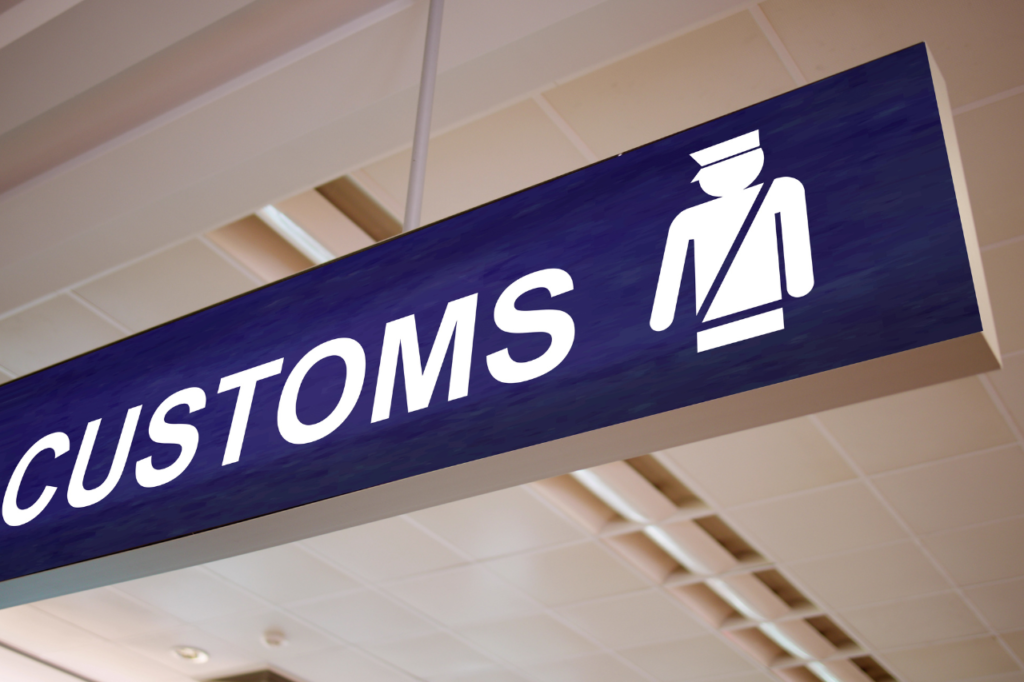When you go to Zimbabwe or do business there, you must tell the customs about the things you’re bringing in or taking out. Zimbabwe’s tax authorities manage this to calculate taxes and prevent the movement of banned items. Knowing this process is key for travelers with personal items and businesses importing goods.
Understanding Zimbabwe Customs Declaration
The Zimbabwe Customs Declaration is about telling the authorities about any goods you bring into or take out of Zimbabwe. The Zimbabwe Revenue Authority (ZIMRA) handles this to figure out taxes and duties and to check on goods that are not allowed or need special permission. It’s important for both tourists with personal stuff and businesses bringing in goods to know how this works.
Key Components of the Customs Declaration Process
- Declaration Forms: You have to fill out forms that list what you’re bringing in or taking out.
- Duties and Taxes: Some items might have extra fees based on what they are and how much they’re worth. It’s good to know about these costs ahead of time.
- Prohibited and Restricted Items: You cannot bring in some items or must obtain special permission to do so.
For Travelers: What You Need to Know
When arriving in Zimbabwe, travelers must declare any goods that exceed personal use limits. This includes gifts and high-value items. The Personal Baggage Declaration Form (Form 47) is typically used for this purpose.
Duty-Free Allowances
Zimbabwe offers duty-free allowances for personal items up to a specified value. Understanding these allowances can help travelers avoid unnecessary duties. Common items include clothing, personal effects, and electronic devices intended for personal use.
Currency Declaration
Currency declaration is also a critical component. Travelers carrying cash or monetary instruments exceeding a specified amount must declare this upon entry or exit. This measure is in place to combat money laundering and ensure financial compliance.
For Businesses: Import and Export Regulations
Businesses that bring goods into or send goods out of a country must follow the rules. They need to get a Tax Clearance Certificate and sign up with the country’s revenue authority, like ZIMRA. For business items, they have to provide detailed bills, where the goods came from, and sometimes, special permits to import.
Valuation and Classification
Correctly valuing and classifying goods is crucial for determining applicable duties and taxes. The Harmonized System (HS) code is a common way to classify traded products, and businesses should ensure their goods are correctly classified under this system.
VAT and Duty Exemptions
Some items and groups might not have to pay VAT (Value Added Tax) and duties. This often includes certain business sectors, embassies, and charities. Knowing about these exemptions can help lower the cost of bringing goods into the country.
Navigating Customs: Practical Tips
- Prepare Your Documents Ahead of Time: Having all your paperwork ready and correct information can make the customs process much faster.
- Know What You Can Bring: You should learn about what items you can bring without paying extra (duty-free) and what items are not allowed to avoid any issues.
- Get Expert Help: If you’re a business, talking to a customs broker or legal advisor can help you understand complicated rules.
To enter Zimbabwe smoothly, learn and prepare for its customs rules. Make sure you have all your papers ready and know what items are allowed. Following these rules helps you enter easily and keeps Zimbabwe safe. Whether you’re visiting for fun or business, understanding customs is important. Stick to the guidelines, and you’ll have no problems at the border.

